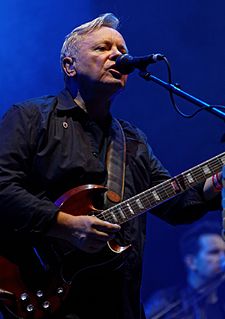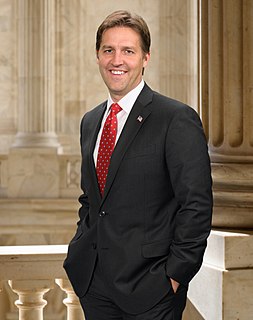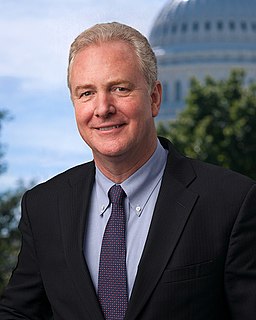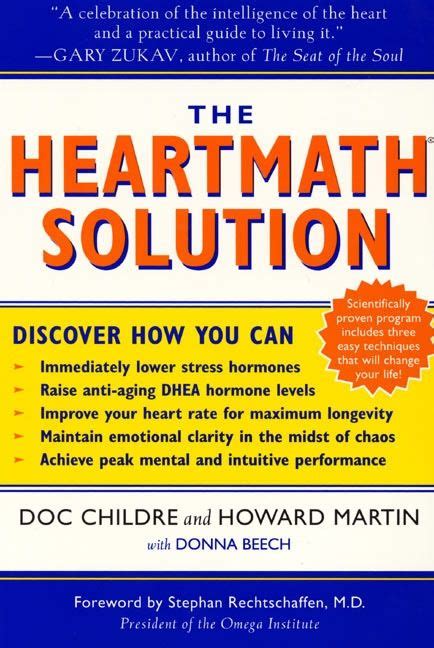A Quote by Bernard Sumner
As human beings, we all mature physically from childhood to adolescence and then into adulthood, but our emotions lag behind.
Quote Topics
Related Quotes
Adolescence is a relatively recent thing in human history -- a period of years between the constraints of childhood and the responsibilities of adulthood. This irresponsible period of adolescence is artificially extended by long years of education, much of it wasted on frivolities. Tenure extends adolescence even further for teachers and professors.
I feel that adolescence has served its purpose when a person arrives at adulthood with a strong sense of self-esteem, the ability to relate intimately, to communicate congruently, to take responsibility, and to take risks. The end of adolescence is the beginning of adulthood. What hasn't been finished then will have to be finished later.
Most people don't get out of childhood, or adolescence, without being wounded for telling the truth. Someone says 'you can't say that' or 'you shouldn't say that' or 'that wasn't appropriate' so most of us human beings have a very deep underlying conditioning that says that just to be who we are is not OK.......Most human beings have an imprinting that if they're real, if they're honest, somebody's not gonna like it. And they won't be able to control their environment if they tell the truth.
It is not however, adulthood itself, but parenthood that forms the glass shroud of memory. For there is an interesting quirk in the memory of women. At 30, women see their adolescence quite clearly. At 30 a woman's adolescence remains a facet fitting into her current self.... At 40, however, memories of adolescence are blurred. Women of this age look much more to their earlier childhood for memories of themselves and of their mothers. This links up to her typical parenting phase.
As soon as one knows one is going to die, childhood is over.... So one can be grown up at seven. Then, I believe most human beings forget what they have understood, recover another sort of childhood that can last all their lives. It is not a true childhood but a kind of forgetting. Desires and anxieties are there, preventing you from having access to the essential truth.




































